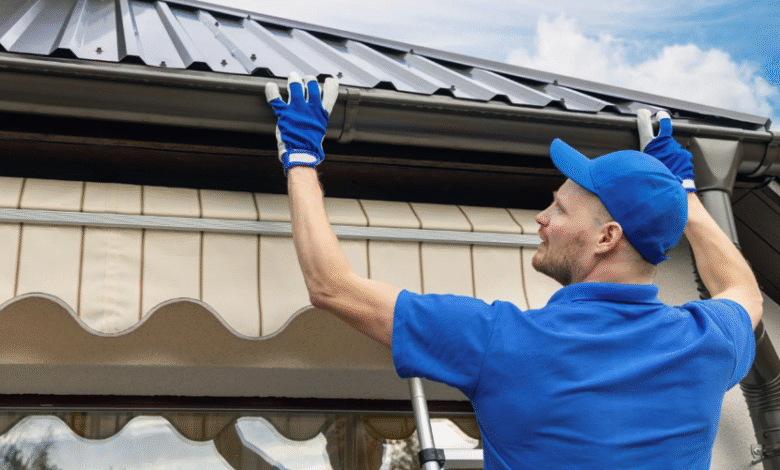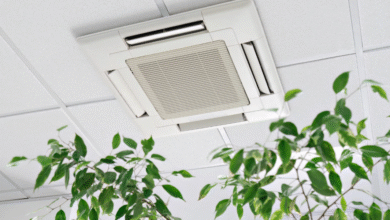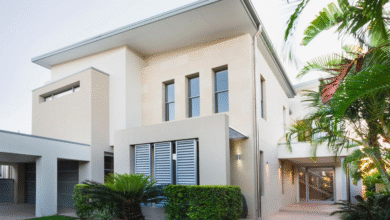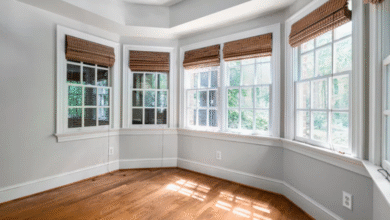Importance of Gutter Installation in Protecting Your Landscape

Landscaping enhances curb appeal and increases property value, but it can quickly be ruined without proper water management. Heavy rainfall or uncontrolled runoff can erode soil, damage plants, and weaken structural foundations. Investing in gutter installation in Atlanta is essential for ensuring rainwater is safely diverted away from your home and landscaping, protecting both aesthetics and property integrity.
How Gutters Protect Landscaping
Gutters are designed to capture rainwater from the roof and channel it away from the foundation. Without them, water flows directly onto flower beds, shrubs, and soil, leading to erosion and plant damage. Over time, this can create unsightly bare spots and compromise the health of expensive landscaping investments. Properly installed gutters also prevent water from pooling near walkways or driveways, reducing the risk of slippery surfaces and soil displacement.
Preventing Soil Erosion and Water Damage
Soil erosion is one of the most damaging effects of poor water management. When runoff continuously washes away topsoil, it depletes nutrients, leaving plants vulnerable. In addition, exposed roots and uneven ground can weaken trees and shrubs, making them more susceptible to disease or storm damage.
When considering the gutter installation process, professional installation ensures gutters are properly aligned and fully functional, maximizing protection against soil loss and water damage. Correct alignment allows water to flow efficiently through downspouts, preventing overflow that can erode landscaping, harm foundations, and compromise the overall integrity of a property.
See also: Making a House Feel Like Home—Simple Home Improvements That Make a Big Impact
Protecting Home Foundations
Uncontrolled rainwater doesn’t just affect the yard; it also jeopardizes the home’s foundation. Water pooling near the base of a house increases hydrostatic pressure, which can lead to cracks, leaks, and structural instability. A well-installed gutter system diverts water safely away, keeping foundations dry and stable. By protecting the foundation, gutters also preserve the value of the property and reduce the risk of costly structural repairs.
Reducing Risk of Basement Flooding
Basement flooding is another risk tied to poor drainage. When water accumulates around the foundation, it often seeps into basements or crawl spaces, leading to moisture buildup, mold growth, and interior damage. Understanding how gutters protect homes from water damage highlights why they are such an essential feature for any property. By directing rainwater safely away from the foundation, gutters help minimize flooding risks, prevent basement leaks, and even improve indoor air quality by reducing moisture buildup that can lead to mold and mildew.
Enhancing Curb Appeal and Longevity of Landscaping
Beyond functionality, gutters play a role in maintaining a beautiful exterior. By preventing water runoff from splashing mud and debris onto walls, walkways, and plants, they keep outdoor areas cleaner and more visually appealing. Healthy soil and plants thrive with controlled watering, ensuring the landscape remains lush and attractive year-round. This protection not only saves money on landscaping repairs but also enhances the overall enjoyment of outdoor spaces.
Professional Installation vs. DIY
While some homeowners consider DIY gutter installation, improper alignment or poor fastening can limit effectiveness. Professional installers ensure gutters are sloped correctly for proper drainage and securely attached to handle heavy rainfall. Choosing expert installation ensures long-lasting performance and avoids problems that could undermine both the home and landscape.
Conclusion
Gutters are more than just a roof accessory; they are an essential safeguard for both homes and landscaping. By investing in gutter installation, homeowners protect soil, plants, foundations, and outdoor beauty from water damage. With expert installation and regular maintenance, gutters ensure that landscapes remain vibrant and properties stay resilient against the damaging effects of uncontrolled rainwater.





